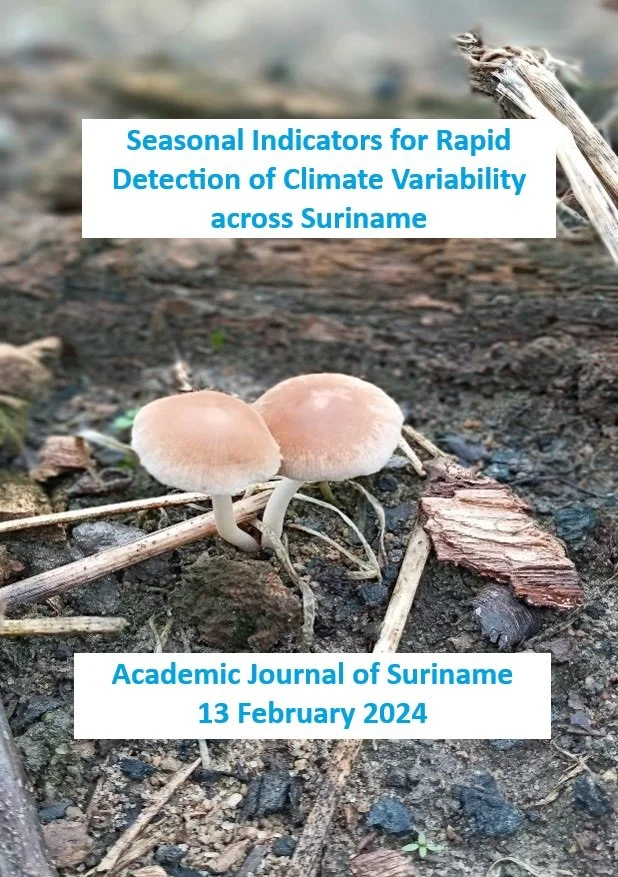Our book.
Conflict and Sustainability in a Changing Environment’ presents the idea that local communities can develop sustainably under changing environmental conditions when the discrepancy are sufficiently addressed between community views and the views of organizations responsible for implementing development initiatives. It introduces a theoretical framework and practical tools for analyzing such views.
“It has been quite some time since I read a book that so easily integrates the art and science of development work into a new and coherent methodology and framework. Smith and Bastidas do what few have managed to do- that is, to jump the proverbial fence and examine the views and values of an indigenous group and make the starting point of a persuasive, healthy and successful development project.”
- Brian Polkinghorn, Distinguished Professor, Department of Conflict Analysis and Dispute Resolution and Executive Director, Bosserman Center for Conflict Resolution, Salisbury University, USA
“This accessible volume offers practical tools to help outsiders who work with indigenous communities to understand how these people's history, values and aspirations for the future shape their view of climate change, and illustrates how conflict management approaches can engage indigenous and scientific knowledge to address climate change challenges.”
- Marianne Schmink, Professor Emerita and Distinguished Teaching Scholar, University of Florida, USA
Other Interesting Publications.
June 2025 - A POF researcher has introduced an innovative methodology for the Smallholder Livelihood Vulnerability Index (LVI-SF), designed to assess and quantify the vulnerability of smallholder farming communities. This approach enables the integration of localized insights into the planning and design of land use and carbon finance initiatives. The methodology was officially launched by the Social Carbon Foundation in collaboration with ReSeed PBC.
June 2023 - Two researchers from POF published a case study in the Journal of Conflict Management, detailing the successful facilitation of a self-protected conservation area. The article outlines a step-by-step methodology and strategic interventions that enabled effective collaboration among 16 diverse stakeholders—including Indigenous communities, conservation NGOs, government agencies, and academic institutions.
January 2024 - A POF researcher published a research article in Frontiers in Climate exploring how local knowledge shapes community decision-making under climate stress. Drawing from in-depth interviews and participatory social mapping, the study weaves together diverse knowledge systems to highlight the critical role of lived experience in climate resilience and adaptation planning.
August 2014 – Two POF researchers contributed to developing the Model for the Analysis of Potential Conflict in Development (MAPCID), a tool that helps practitioners address conflicts between communities and development organizations by analyzing seven conflict drivers. Demonstrated through a gold mining case study, MAPCID enables alignment of power, culture, and goals to improve outcomes. The paper was published in the Journal of Conflict Management.
February 2024 - A POF researcher published a groundbreaking article in the Academic Journal of Suriname, documenting 219 seasonal indicators of climate change rooted in Indigenous and local knowledge. The study draws on participatory methods—including community interviews, social mapping, and species analysis—to illuminate how ecological shifts are observed, interpreted, and responded to at the grassroots level.
November 2010 – This article, written by a POF researcher and published in Peace and Conflict Review, explores how two South American communities can engage in climate mitigation through payments for ecosystem services. Using the Sustainable Livelihood Framework, it emphasizes that traditional leadership and peace-building systems are essential for resilience, inclusive decision-making, and successful project implementation.







